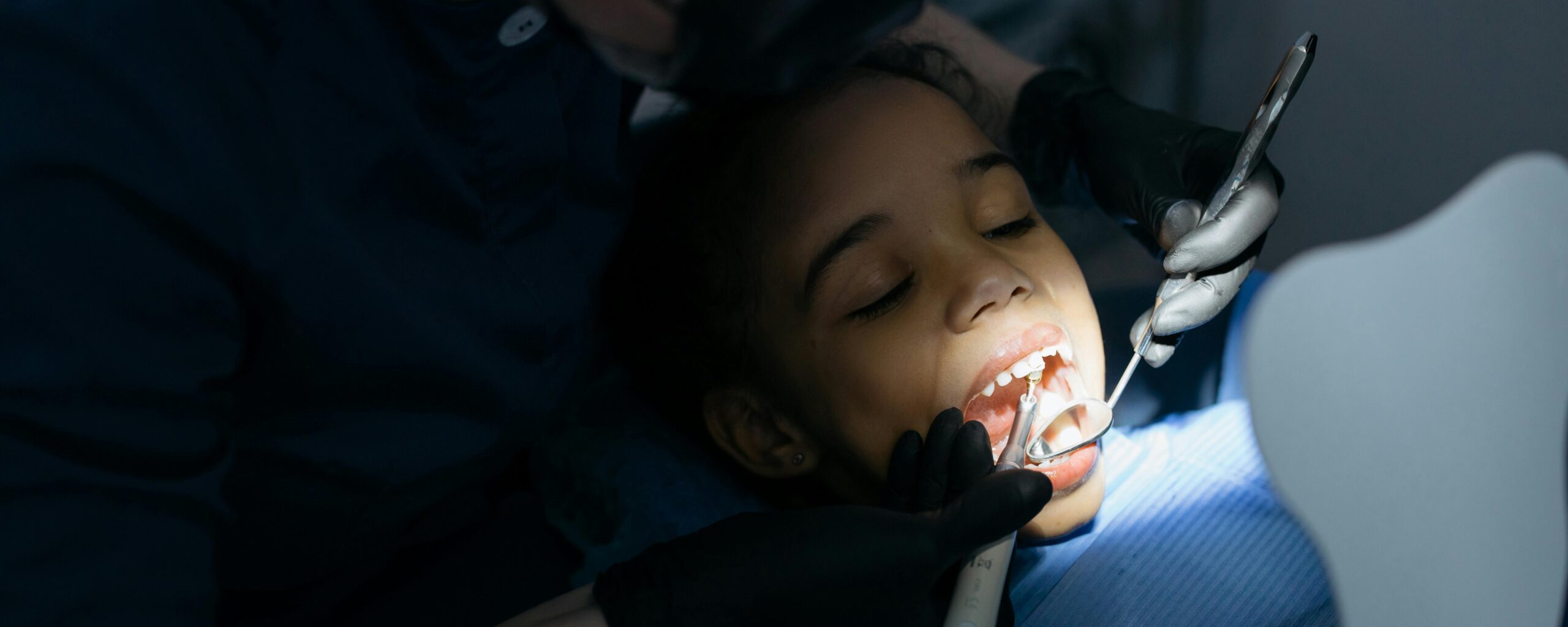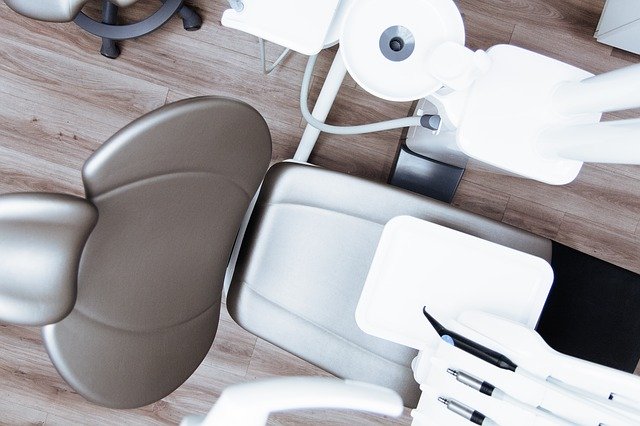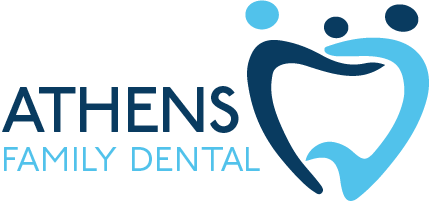
04 Dec Dental Care for Toddlers
Establishing good dental habits for your toddler is crucial for their oral health and overall well-being. Dental care for toddlers not only ensures healthy teeth but also sets the stage for positive lifelong habits. Here are five dental care tips specifically for kids around the age of 2.
Start Brushing Early and Correctly
Good dental care should begin as soon as your child’s first tooth emerges. This often happens around six months, but by the time they’re 2 years old, they likely have several teeth. Brushing their teeth twice daily is essential for maintaining a healthy smile and preventing cavities.
Use a soft-bristled toothbrush designed for toddlers. These toothbrushes are small, making it easier to navigate their little mouths. When it comes to toothpaste, only use a smear of fluoride toothpaste, about the size of a grain of rice. This amount is safe if they accidentally swallow a bit while brushing.
Make brushing a part of their morning and bedtime routines. Always supervise their brushing to ensure they are doing it correctly. For toddlers, it’s best to gently brush their teeth yourself to remove all plaque effectively. Nighttime brushing is especially important since it removes food particles and bacteria that can lead to tooth decay while they sleep.
Establish a Tooth-Friendly Diet
What your child eats directly impacts their dental health. A tooth-friendly diet can help prevent cavities and support the development of strong, healthy teeth. Limiting sugary snacks and drinks is a great first step. Sugars feed the bacteria in the mouth, which can lead to cavities over time.
Instead of sugary treats, offer healthy alternatives like fresh fruits, crunchy vegetables, and cheese. For instance, apples are an excellent snack because they are crunchy and help clean teeth while stimulating saliva production. Saliva is the mouth’s natural defense against plaque. Similarly, cheese is rich in calcium and vitamin D, both of which are essential for strong teeth and enamel.
Another good tip is to avoid giving your toddler sugary drinks in a bottle or sippy cup. Prolonged exposure to sugar, especially during naps or bedtime, can lead to severe tooth decay known as “baby bottle tooth decay.”
Schedule Regular Dental Checkups
Children should visit a dentist by their first birthday or within six months of their first tooth appearing. Regular dental checkups are critical, even at this young age, to identify potential problems early and establish a dental home for your child.
During these visits, the dentist will check your child’s teeth and gums for any signs of decay or abnormalities. They can also guide you on proper brushing techniques and diet choices. Early visits help your child get comfortable with the dentist, reducing anxiety about future appointments. This familiarity can make a big difference as your child grows older and dental care becomes more involved.
Some parents worry about how their toddler will behave during a dental visit. Don’t worry—pediatric dentists are trained to make these appointments fun and stress-free. Bring your child’s favorite toy or comfort item to help them feel more secure during the visit.
Encourage Healthy Oral Habits
Toddlers often develop habits like thumb-sucking or prolonged pacifier use. While these habits are normal in infancy, they can affect teeth alignment and jaw development if continued beyond age 3. Gently encourage your child to transition away from these habits as they grow older. If your toddler uses a pacifier, ensure it’s clean and never dipped in sugary substances like honey or syrup. Sugar-coated pacifiers can introduce harmful bacteria to their teeth and gums, increasing the risk of cavities.
Another important habit is to start transitioning your child from a bottle to a cup around their first birthday. Drinking from a cup reduces the risk of prolonged liquid pooling around their teeth, which can cause decay. Consider using a cup with a lid to make the transition easier. Finally, model healthy oral habits yourself. When your child sees you brushing and flossing daily, they’re more likely to follow your example.
Make Oral Hygiene Fun
Getting a 2-year-old to enjoy brushing their teeth can be challenging, but turning it into a fun activity makes it easier. Choose a toothbrush with their favorite cartoon characters or bright colors. Some toothbrushes even play music or light up, adding an element of excitement to the process. Another great idea is to play their favorite song or nursery rhyme while brushing. Songs can serve as a timer to ensure they brush for the recommended two minutes. You can even invent a “toothbrushing dance” to make it a playful routine.
Positive reinforcement works wonders with toddlers. Praise them every time they cooperate during brushing or let them choose a sticker as a reward. These small incentives encourage them to develop a positive association with oral hygiene. Books and videos about dental care can also help. Stories featuring characters they love going to the dentist or brushing their teeth can motivate your child to embrace these habits.
Final Thoughts
Teaching your 2-year-old good dental habits may seem like a daunting task, but it’s easier than you think. By starting early, making it fun, and focusing on a tooth-friendly diet, you can set the foundation for a lifetime of healthy smiles. Remember, your guidance and encouragement play a vital role in helping your toddler develop strong oral hygiene habits.
With these tips, you’re not just protecting their baby teeth, you’re fostering a positive relationship with dental care that will benefit them as they grow. Make dental health a family priority, and your little one will follow your lead!
Athens Family Dental has the same priority as you: with dental care for toddlers, it’s all about providing the best quality care for your child. Schedule an appointment with us today!

About Our Team
Dr. Hansen and our team at Athens Family Dental are passionate about improving lives through better oral health as well as educating our patients.
Come see why we’re Athens, TN top choice for dentists!

Sorry, the comment form is closed at this time.